How to Avoid Scams while Travelling

This post contains affiliate links. This means at no extra cost to you, I may earn a commission if you purchase through my links. Please see my website disclaimer for more info.
Chances are, no matter where you’re planning to travel to, there will be some sort of scam that you should be aware of.
I’m not saying it’s an absolute certainty, but it’s generally a good idea to be prepared for the worst. I mean after all, the more you know right?
Whether it be paying the “tourist price” for something, or being pickpocketed, or even being sold fake goods, it’s always good to be aware of what could happen, so that you know what to look out for.
This post ties in a bit with my last post about Getting Over Your Fear of Travelling Solo, because if you’re planning to travel alone, this might be something that’s on your mind.
Best Ways to Avoid Getting Scammed While Travelling
When it comes down to it, avoiding scams is pretty simple …
-
Before you head out on your trip, spend some time to research the area(s) you’ll be travelling to. Don’t wait until after you’ve arrived!!
You can use travel forums and/or social media to search or ask for advice from people who have been to your destination before, but a simple search engine search will usually get you the info you need.
Searching for things like “common scams in [destination]” or “how to avoid scams in [destination]” will usually yield the majority of the common scams.

-
Always be aware/mindful of your surroundings. This is a big one. If you’re not paying attention to what’s going on around you, you’re more likely to be a target.
- Are people getting close to you?
- Do you feel like someone is trying hard to keep your attention?
- Are you at a crowded venue?
If the answer is yes to any of those, it’s best to keep your senses on full alert.
-
Don’t be afraid to say no. If someone is trying to sell you something, or trying to get you to go somewhere, and you’re not interested, don’t be afraid to say no. You don’t owe anyone anything.
And that’s basically it! Keeping these 3 main things in mind will go a long way in helping you avoid getting scammed.
Common Scams to Look Out For
Now, with those 3 points in mind, here are some of the more common things you should be aware of when travelling…
Be Wary of “Friendly” Locals
Regardless of how nice people in some countries may seem, it’s always a good idea to be cautious when approached by strangers.
Some locals are simply legitimately curious about the people visiting their country. Some may just want to practice their English/French/Spanish/etc. if they see you speak it.
But others may have ulterior motives, like:
-
In various countries, a local might approach you and offer to show you around, or to take you to a local restaurant or bar. They may even offer to take you to a local market to buy souvenirs. The actual intent could be anything from trying to sell you something for a mark-up, to trying to get you to go somewhere where you’ll be robbed.
The general rule of thumb though is to never go with someone you don’t know, no matter how legit (or attractive!) they seem.
-
In areas where English isn’t widely spoken, you might encounter a small group looking to practice their English. They’ll ask you if you can chat with them for a while so they can practice. One or two will keep you occupied from the front to distract you, while another will pickpocket you from behind.
Note that locals wanting to practice English isn’t always a scam, as some people genuinely want to practice their English. But it’s always good to be cautious and be aware of anyone getting close behind you.
-
In Shanghai, China, but likely other cities & countries as well, you may run into a male or female, or group of students/tourists/etc. who will ask you to take a photo of them, or if you’d like them to take a photo of you. They’ll then act curious about where you’re from, sparking up a conversation with you. After chatting for a bit, they’ll invite you to a tea ceremony or a bar, where you’ll be charged an exorbitant amount for the tea or drinks.
Keep Your Phone Safe
A number of countries have a problem with phone theft, often involving a scooter or motorcycle. The thief will drive by and snatch your phone out of your hand.
So if you’re using your phone in public:
-
Stay back/away from main roads if you want to use your phone or take pics. The closer you are to the road, the easier it is for someone to snatch your phone and drive off.
-
Limit using your phone in public, especially in crowded areas, and especially if it’s a high-end phone.
-
Keep your phone in a zipped-up pocket if possible when not in use.
Keep Your Backpack in Front of You
If you’re carrying a backpack, especially in crowded areas, it’s a good idea to keep it in front of you. This makes it harder for someone to get into it without you noticing. It might seem a bit awkward at first, but it’s better to be safe than sorry.
I’d also suggest that anything of value, like your phone, passport, or wallet, be kept in a money belt hidden under your pants/shorts, or in a hidden pocket inside your backpack.
Be Wary of High-Traffic Areas and Packed Venues
I mentioned pickpocketing already, but it’s especially important to be aware of it in high-traffic areas and packed venues. These are the places where pickpockets thrive.
I’ve personally run into other tourists who had their mobile phones stolen while at clubs, or in other crowded areas. So keep a constant eye on your things, and possibly even make a habit of checking your pockets every so often to make sure everything is still there.
If you’re a woman, it’s also a good idea to keep your purse in front of you, and to keep it zipped up. I have a friend in my own city who had her purse stolen while eating with friends at a busy restaurant, so it’s definitely something to be aware of. In this case in particular, my friend was sitting in a booth with her purse on the ground, and the thief simply reached over from the booth next to her and grabbed it without her noticing.
Bargain the Price of Goods
“Tourist” prices are a thing in a lot of countries, and it’s not uncommon for locals to try to charge you more than they would charge a local. This is especially true in markets and with street vendors where the price isn’t displayed.
This is one of those things you might want to check ahead of time, as it’s not always the case in every country. But if you’re travelling to a country where it is the norm, it’s a good idea to be prepared to bargain.
The general rule of thumb is to start at half the price they’re asking, and then slowly work your way up from there.
Remember, if they’re not willing to budge on the price, you can always walk away. There’s a good chance they’ll call you back and agree to your price.
Carry Money and Passports in a Money Belt
I mentioned this above, but it’s worth mentioning again. A money belt is a great way to keep your money and passport safe. It’s a small, zippered pouch that you wear under your pants/shorts, and it’s a great way to keep your valuables safe.

Generally, if possible, you want to keep the amount of money you have on your person to a minimum, as a money belt can only protect you so much.
Ignore Pushy Touts
Especially in touristy areas, you’re likely to run into touts, and maybe even pushy ones! These are the people who will try to sell you something, or get you to go somewhere, and they won’t take no for an answer.
In Paris, it’s quite common to encounter people trying to sell you various bracelets and other trinkets. They’ll place it in or on your hand or try to put it around your wrist, and then demand money for it. If you take it, you’re expected to pay for it. Just ignore these people, keep walking, and don’t let them place anything in your hands or put anything on you. If they do, just drop it and keep walking.
Another thing to be aware of is while some may seem like the typical pushy tout, others may actually be trying to distract you while someone else pickpockets you.
Avoid Taxis!!!
In a lot of developing countries, taxis are a common way for tourists to get scammed. This can be anything from being charged an exorbitant amount for a short ride, to being taken to a different location than you asked for.
I’ve read about tourists in Vietnam being charged two to three times the amount for rides, and when refusing to pay, getting beaten up by the taxi driver. Crazy right?
I’ve also read about tourists in various countries being taken to a different location than they asked for, and then being charged a lot of money to be taken back to where they wanted to go.
Your best bet, if it’s available in the area you’re in, is to use a ride-sharing app like Uber or Lyft. In parts of Southeast Asia, Grab is the popular ride-sharing app and acts similar to Uber, but there are also others depending on the country. The main thing here is that you want to see the price of the ride before you get in the car or on the motorbike.
If that’s not an option, then it’s a good idea to ask your hotel or hostel to call a taxi for you, as they’ll likely have a trusted taxi company they work with.
Be Wary of Fake Goods
You’re likely to run into fake goods at some point while travelling, especially at local markets. This can be anything from fake designer clothes, to fake electronics, to fake perfumes and cosmetics.
I mean when it comes down to it, if you shop on sites like Amazon, you’re likely to run into fake goods there as well. But in developing countries, it’s a lot more common to find fake goods everywhere you look.
My general rule of thumb when it comes to buying clothes is to avoid buying anything that has a brand name on it, unless it’s from the actual brand store of course. For anything else, it’s a good idea to buy from a reputable store, and to check the item before you buy it.
Tinder Scams
I hesitate to call this a scam, as it qualifies more as violent crime. But I’ve been hearing more and more about people being robbed, or worse, after meeting someone on Tinder while travelling.
Now I’m not saying it’s necessarily common place, but it’s been making the news more often recently, so it’s something to be aware of if you’re planning to use online dating while travelling.
As usual, use your gut. If something feels off about a situation, it’s best to trust your instincts and bail.
Final Thoughts
I think I’ve covered the main scams you’re likely to run into while travelling, but as there are always new scams popping up, and like I noted at the beginning of this post, it’s always a good idea to do some research before you head out on your trip.
Know of any other common or typical scams to lookout for? Experienced any yourself? Please let me know in the comments below!
Until next time,
michael 😀
Share this post:

Hotel Scams in Vietnam - Traveller Beware
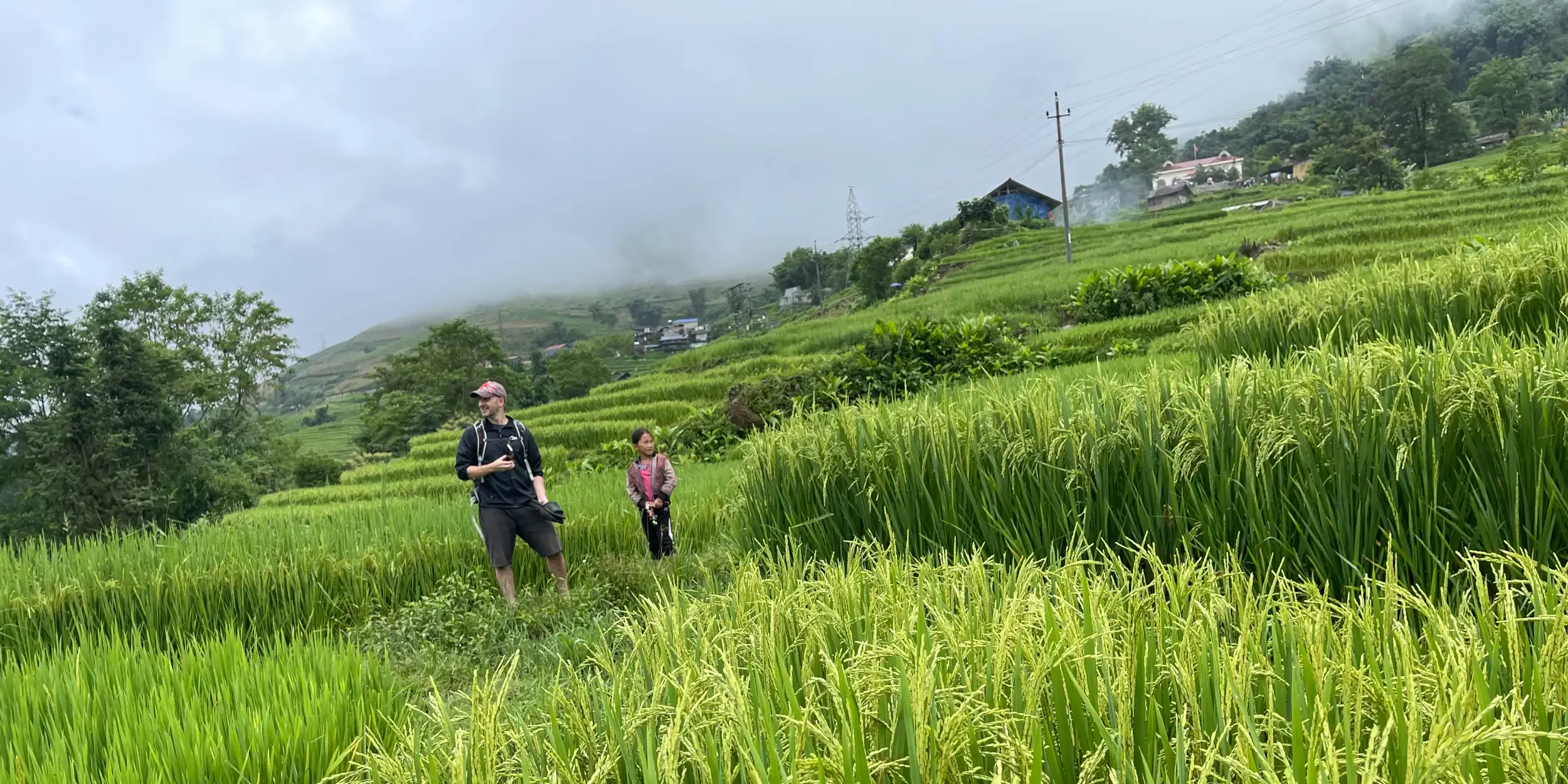
Getting Over Your Fear of Travelling solo

Top 20 Travel Tips For Your Next Trip

3 Weeks in Vietnam
1 Week in Thailand
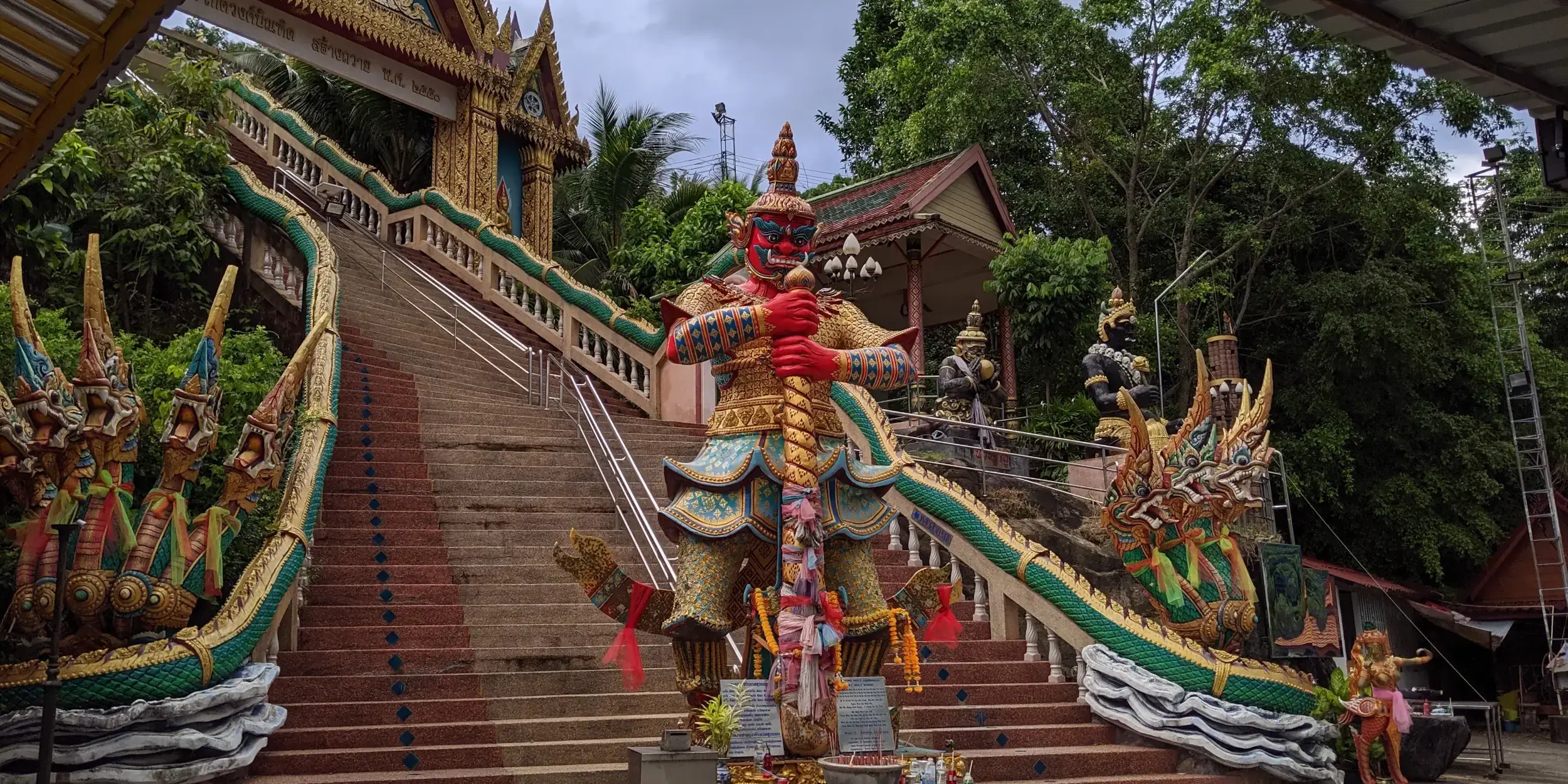
3 Days in Phuket, Thailand
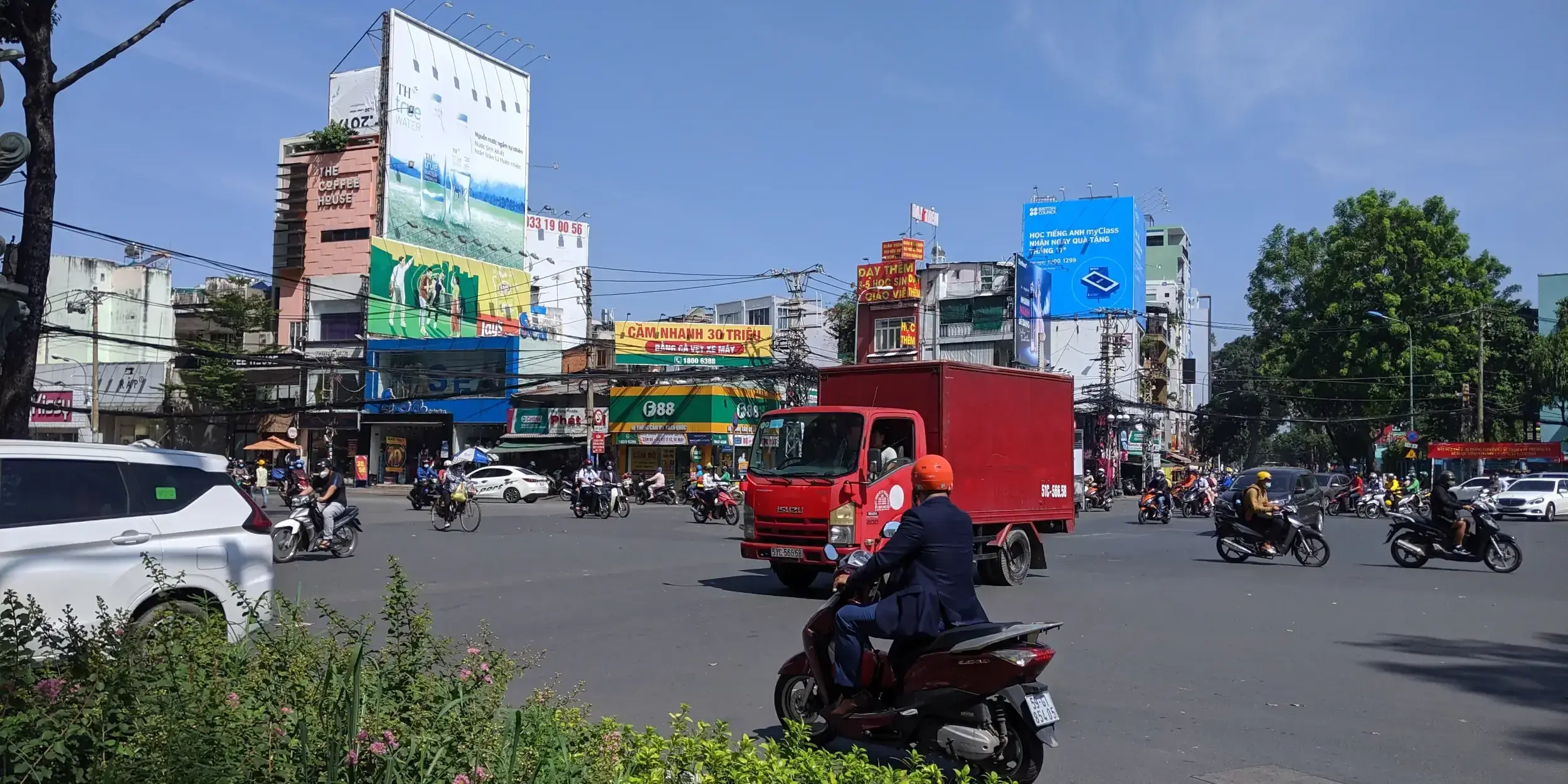
2 Days in Saigon, Vietnam
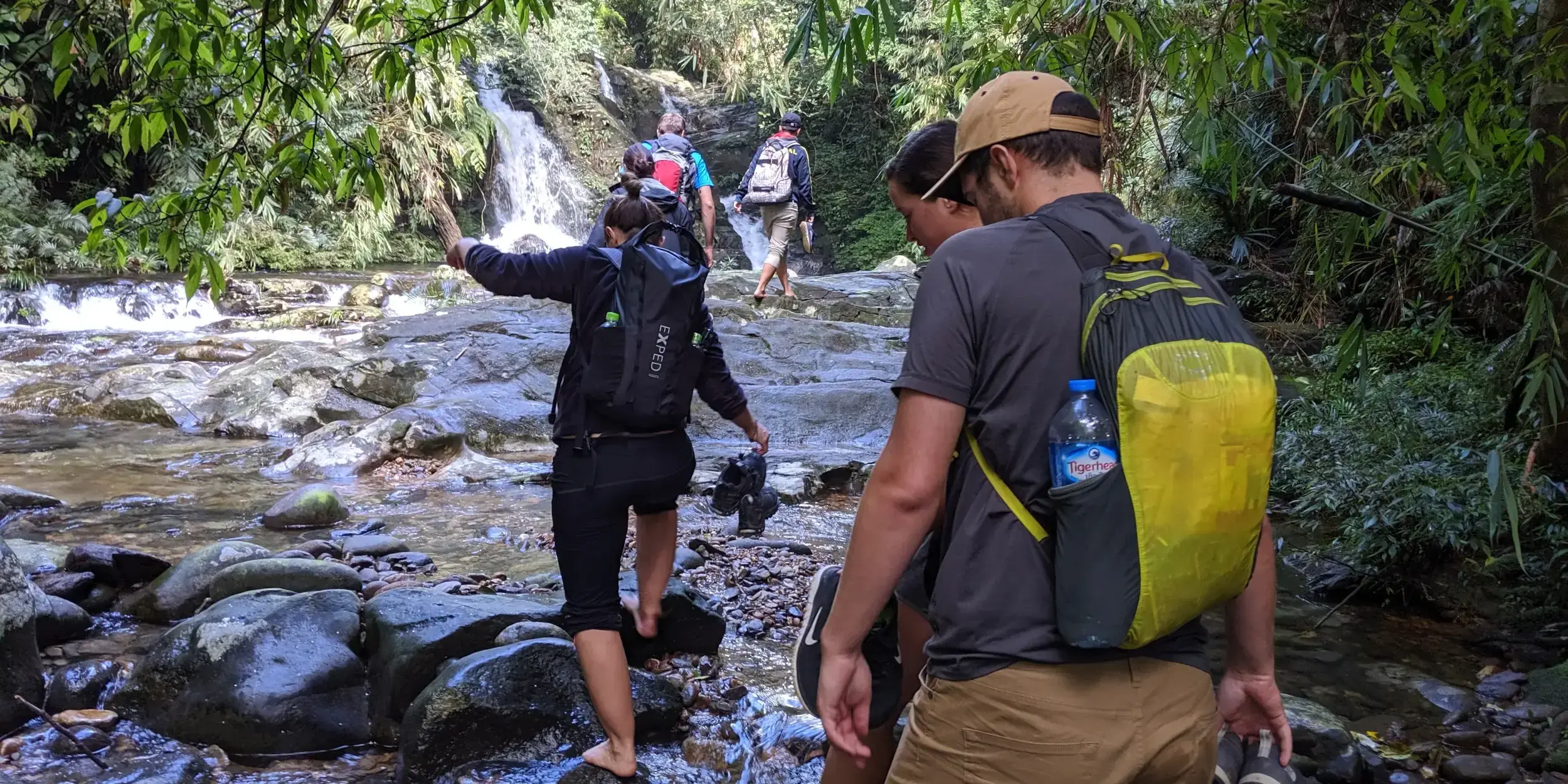
4 Days in Hue, Vietnam - Part 2
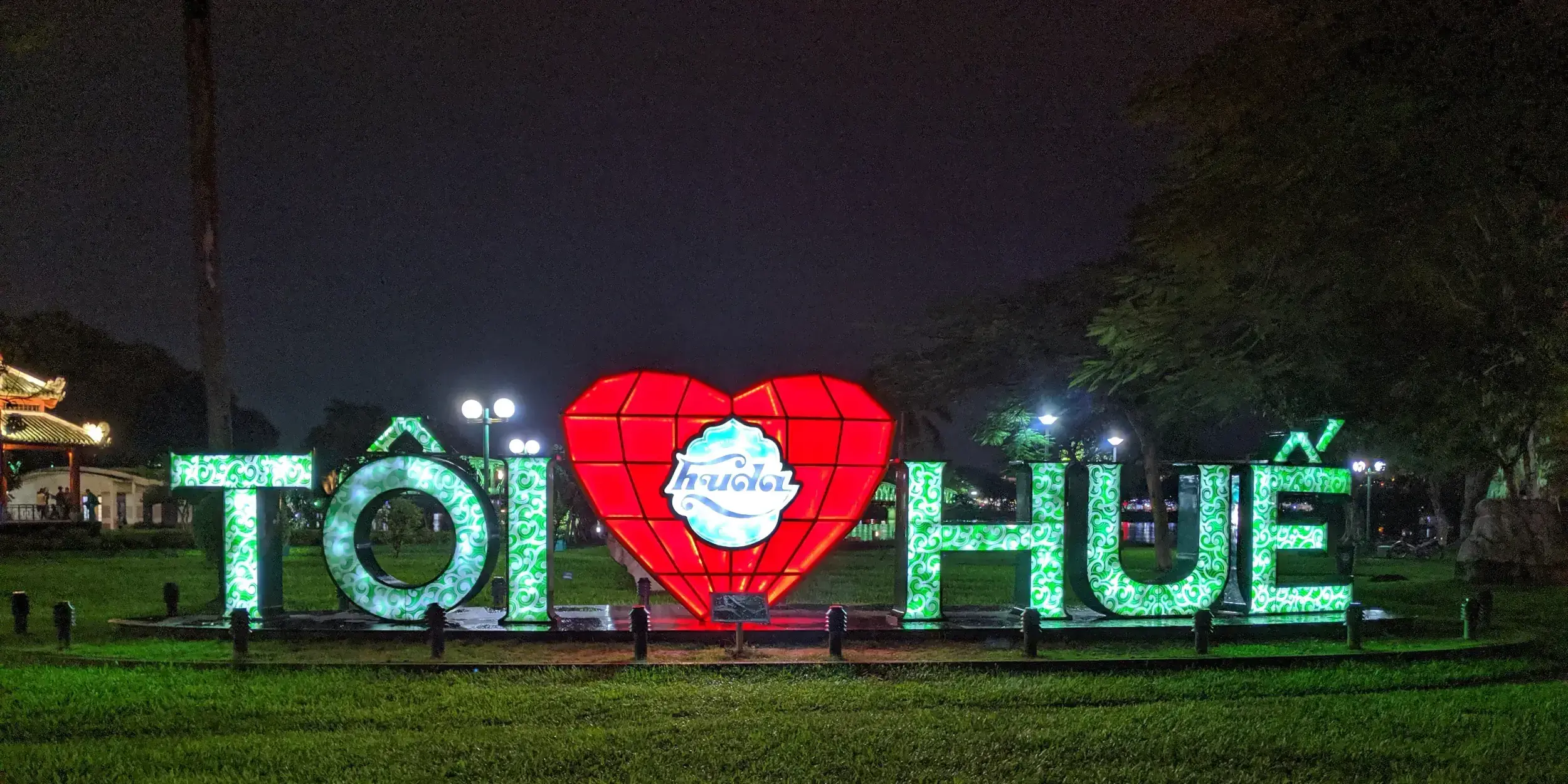
4 Days in Hue, Vietnam - Part 1
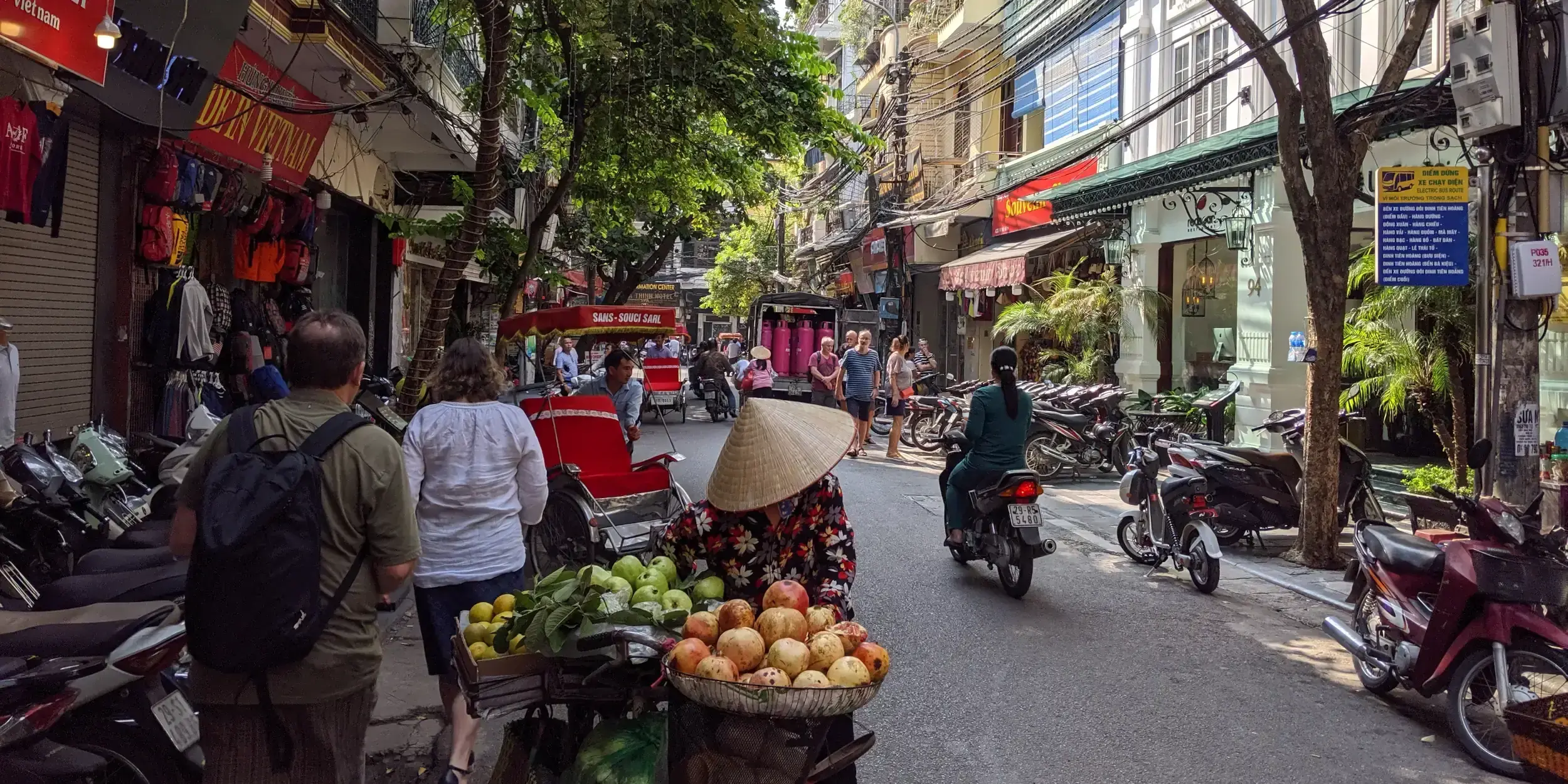
6 Days in Hanoi, Vietnam - Part 3

1 Day in Ninh Binh, Vietnam

6 Days in Hanoi, Vietnam - Part 2
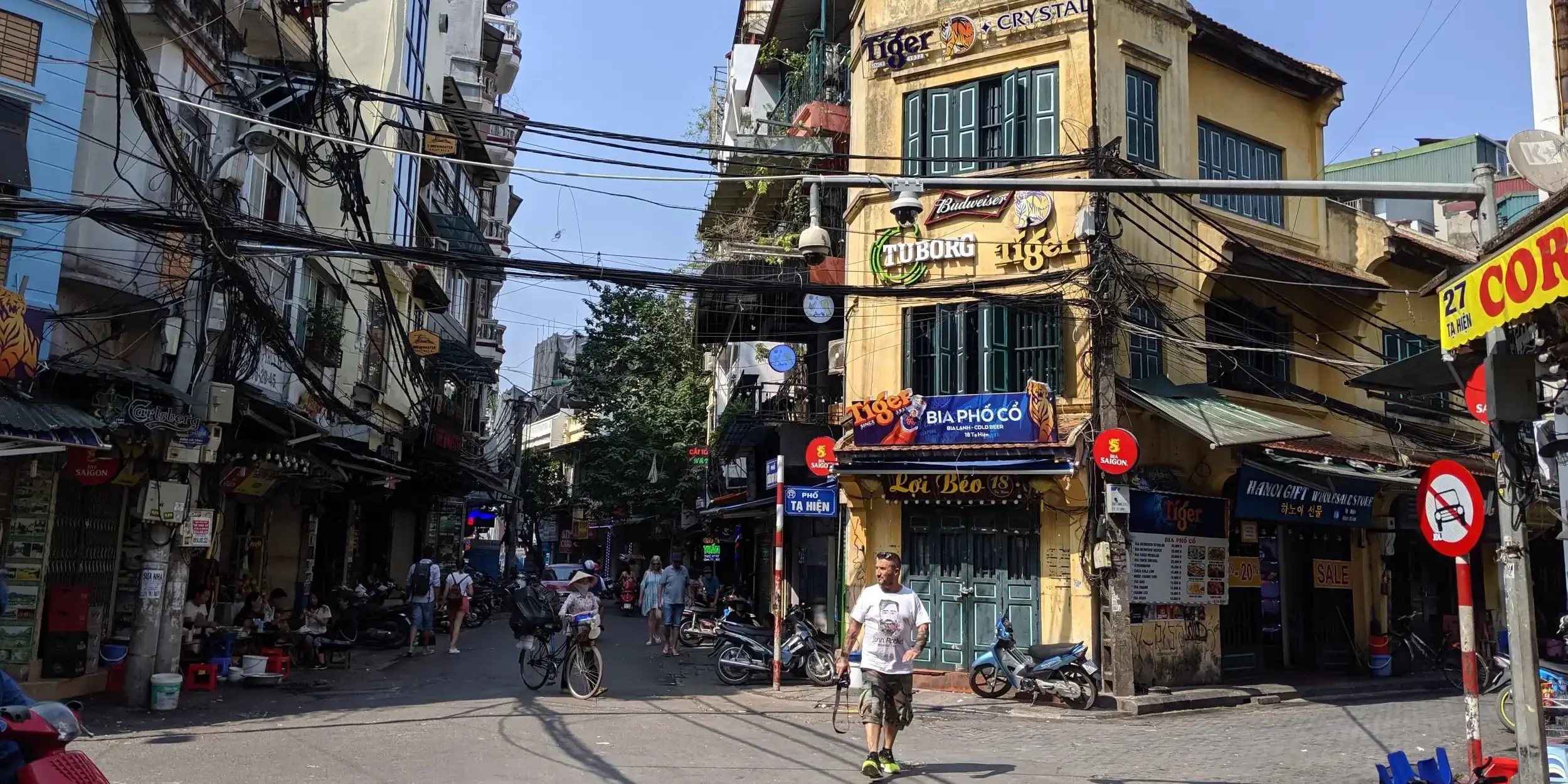
6 Days in Hanoi, Vietnam - Part 1

9 Days in Ireland 2019

2 Days in Kilkenny, Ireland

1 Day in Cork, Ireland

2 Days in Killarney, Ireland

Dublin & Giant's Causeway, Ireland

Dublin & the Cliffs of Moher, Ireland
Comments